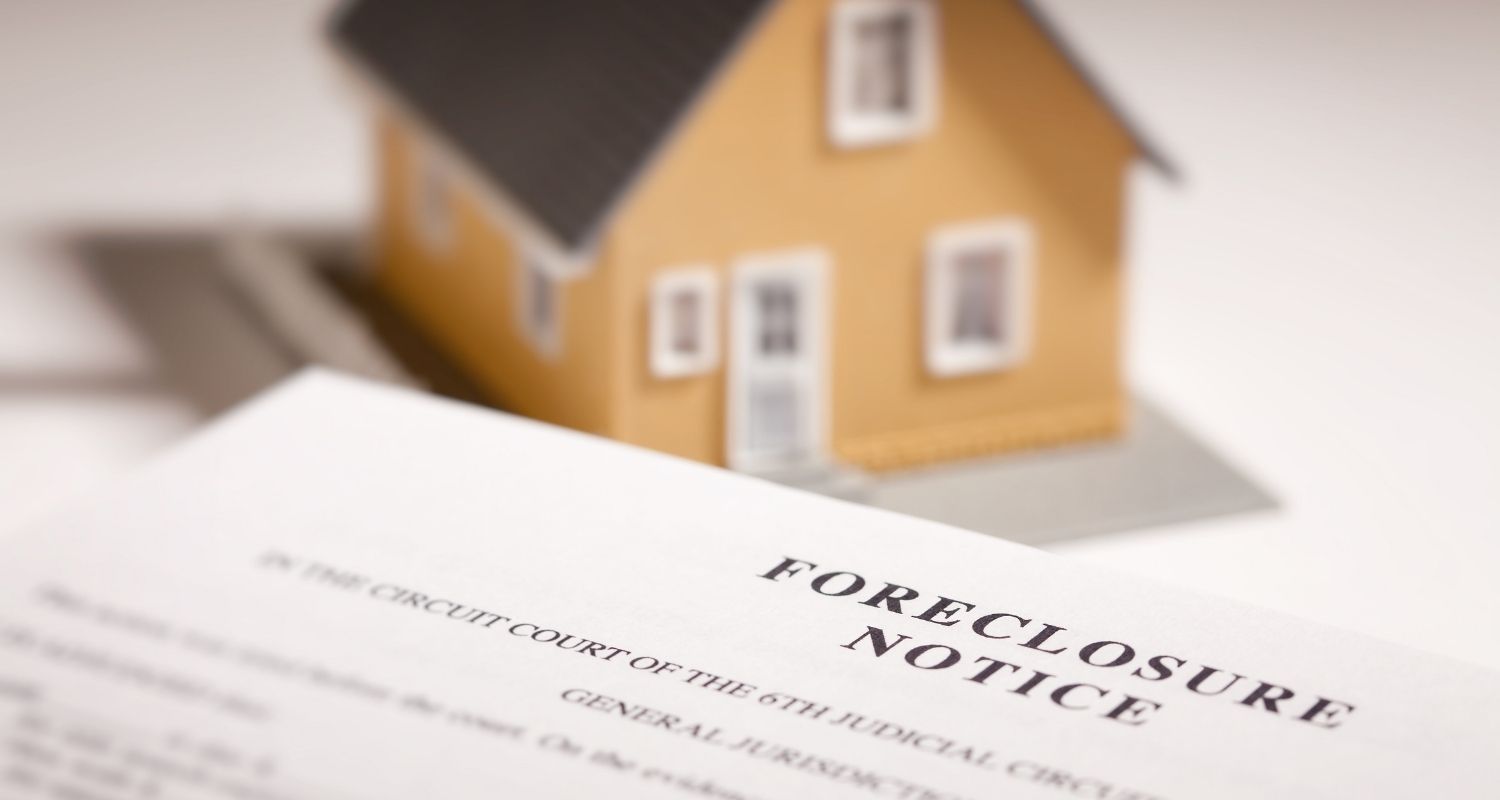Table Of Content:
- What Causes Mortgage Foreclosure?
- What You Should Know If You’re Facing Foreclosure in Canada
- What exactly is foreclosure, and how does it operate in Canada?
- What choices do I have if my mortgage lenders initiate foreclosure proceedings?
- What If It Is My Rental Property?
- Does Foreclosure Always Affect Credit Scores?
- How Long Does a Foreclosure Affect Your Credit
- What happens when the bank foreclosure on your house in Canada
What Causes Mortgage Foreclosure?
Foreclosure occurs when a lender seeks to take control of a house because the borrower – the homeowner – is failing to make payments on the mortgage loan used to purchase it. It’s one of the most serious financial crises a person can face. Still, individuals facing foreclosure may be unaware that lenders dislike it and will do all they can to assist a borrower in avoiding it.
Borrowers who engage with their lender may be able to save their house or, at the very least, escape from foreclosure with their finances intact. Lenders are mandated by federal law to cooperate with borrowers who fall behind on their payments and provide choices that would assist them.
What You Should Know If You’re Facing Foreclosure in Canada
Foreclosure is a large term that may be frightening. You may have heard of someone going through foreclosure, or your mortgage company may have threatened it. This post will attempt to explain this legal-sounding phrase and assist you in understanding your alternatives.
What Exactly Is Foreclosure, and How Does it Operate in Canada?
- Foreclosure is the legal process through which a mortgage holder takes ownership of a property when the owner fails to pay the debt.
- The mortgage holder is the firm to whom you make your mortgage payments.
- Default occurs when the terms of the mortgage are not met. This might include failing to make payments, failing to get adequate insurance, or failing to pay your property taxes.
What Choices Do I have If My Mortgage Lenders Initiate Foreclosure Proceedings?
- Do nothing – The bank will sue you, and you will lose your home. You will be entitled to any equity in the property when the bank sells it, but you will be responsible for any legal and selling charges. The property may sell for less than the market value, and if you have an insured mortgage, you may be sued for any leftover debt. After the bank sells the property, there is often what is known as a shortfall on the property, which is the difference between the amount the bank sells the property for and the mortgage debt, interest, and fees. The restrictions vary by province; however, in Alberta, if the mortgage is conventional (20% or larger initial down payment), the bank cannot pursue the customer for any gaps or deficiencies. Most customers, however, have high-ratio mortgages (less than 20% down payments) or home equity lines of credit, in which case the bank might pursue them for a deficit.
- Try to work out a solution with the lender – This would normally include catching up on missing payments or making an effort to seek mortgage refinancing from a qualified mortgage consultant. You could contact other lenders, such as credit card companies, to see if you can negotiate reduced payments, lower interest rates, or a pay freeze for a few months while you catch up on your mortgage payments. This is an excellent time to think about making lifestyle adjustments. Can you cut another spending to make your mortgage payments? Can you raise your income to assist with other expenses?
- Sell the property on your own – This would have to happen before the bank forecloses, which would be a bit of a race. You may purchase a property again when you are in a better financial position. It may be a difficult pill to swallow, but getting away from the so-called asset may be the best option for you and your family at this time.
- Go to court and fight – This method will almost certainly need the hiring of a lawyer (an additional cost) and may harm your mental health. When it comes to legal fights, there are no assurances.
What If It Is My Rental Property?
Whether the home is owner-occupied or rented, you should seek assistance and competent guidance before getting a foreclosure notice. If the property is a rental with tenants, the landlord is not compelled to notify the tenants of the foreclosure. When the bank takes ownership of the property, they will almost certainly obtain a court order requiring the renter to evacuate within 30 days.

